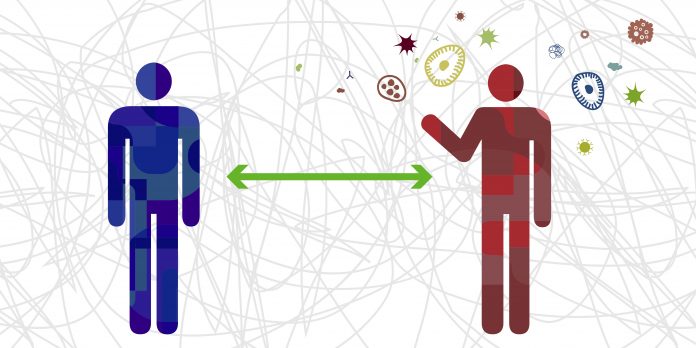As customers health fears continue to grow, a leading expert in food safety is calling for all relevant businesses in the food industry to meet Australian and global food safety standards to help reassure consumers during the current pandemic.
“COVID-19 is a respiratory virus, which is spread almost exclusively through person-to-person, or person-to-surfaces-to person contact – as was the case with earlier strains, including MERS and SARS,” says food safety expert at SAI Global, Maidie Wood.
“It is contracted by inhalation or a similar mechanism, such as breathing in infected droplets from another person’s cough. As a result, it might be possible that a person can get COVID-19 by touching the food or food package that has had the virus on it and then touching their mouth or nose. However, any trace of the virus would be destroyed by proper cooking.”
Ms Wood warns that it is extremely important that food businesses have hygiene systems in place that meet Australian standards.
“Although it’s a legal requirement that all food businesses in Australia are trained in food safety, more in-depth Food Safety Supervisor training, such as HACCP certification, should be considered during – or following – this challenging health and safety crisis.”
SAI Global reveals five tips for food businesses:
- Ensure your team are aware of the COVID-19 situation and take it seriously. There is a risk that food handlers may continue to work while infectious if they believe their job security is threatened. The best way to monitor staff is to check their body temperature, as this cannot be hidden.
- Review the social interaction of your workforce. Minimise number of staff in areas and position them at an appropriate distance apart; minimise overlapping of shifts or rosters as much as possible.
- Ensure adequate sanitisation facilities with instructions are provided, so that food handlers thoroughly and frequently wash their hands. Additional handwashing and sanitisation points should be set up throughout food businesses.
- Supervise all areas in which food is exposed to ensure it is not contaminated. If a food handler has been unwell, and there’s concern that a surface might be contaminated, all food packaging should be removed from that surface and effectively disposed of.
- Advise staff that they can refuse service to any customers who appear unwell, providing this meets the necessary standards and regulations. The ability for food handlers to exclude patrons underpins a fundamental social responsibility measure outlined by the Australian Government Department of Health, which has demanded members of the public stay home while displaying any symptoms.
To book a food safety audit with SAI Global, click here.


